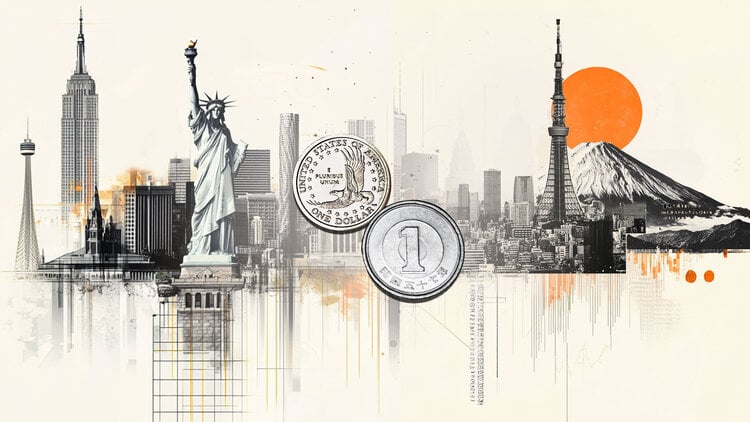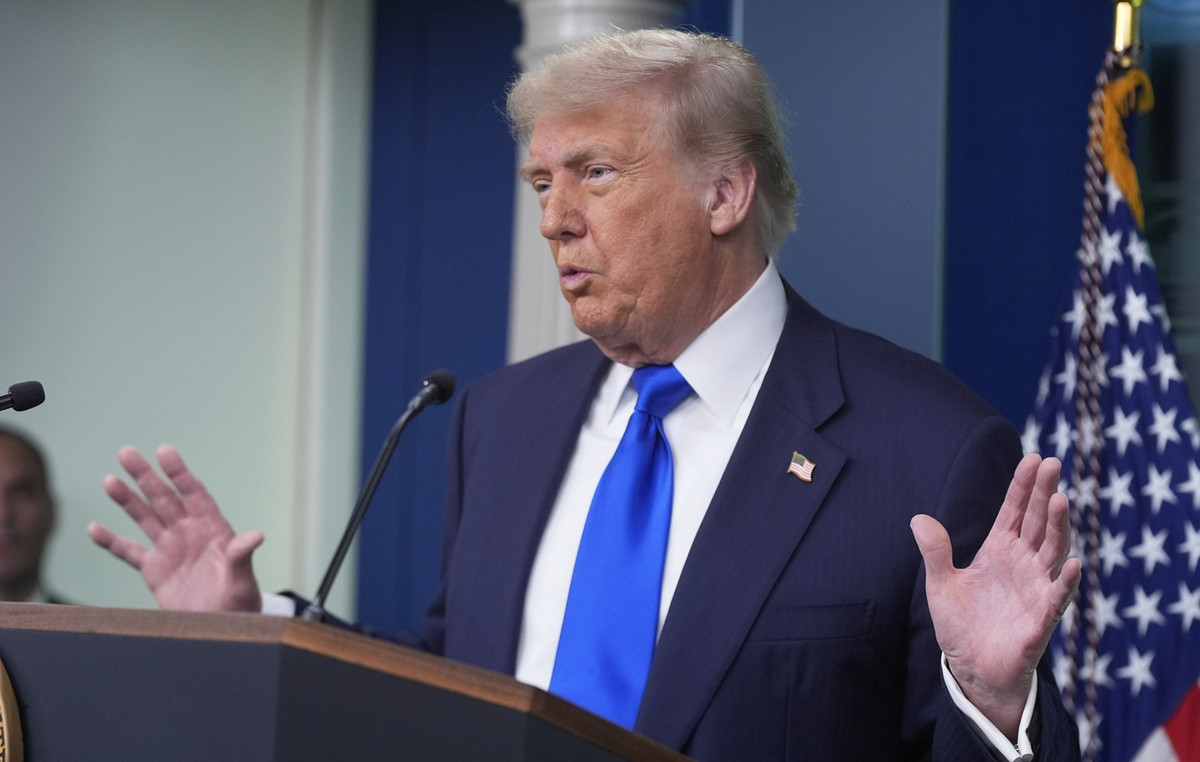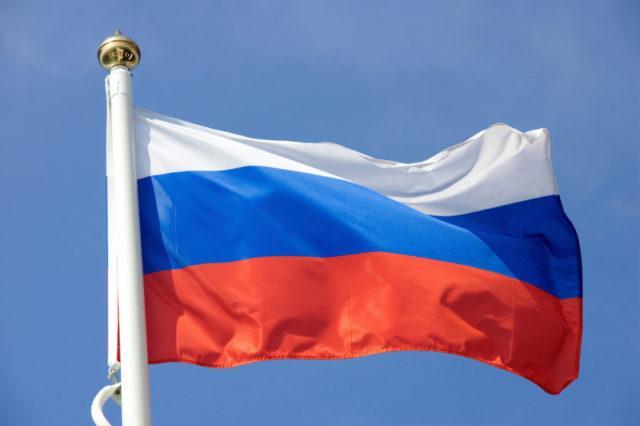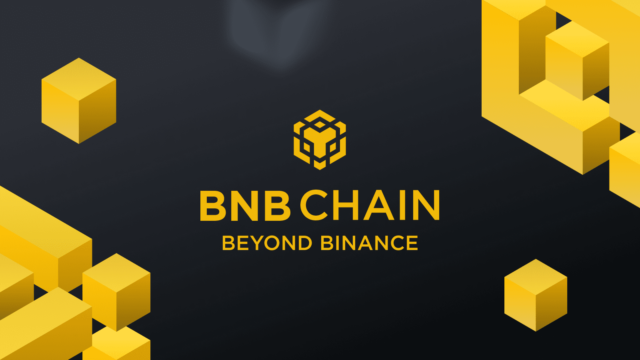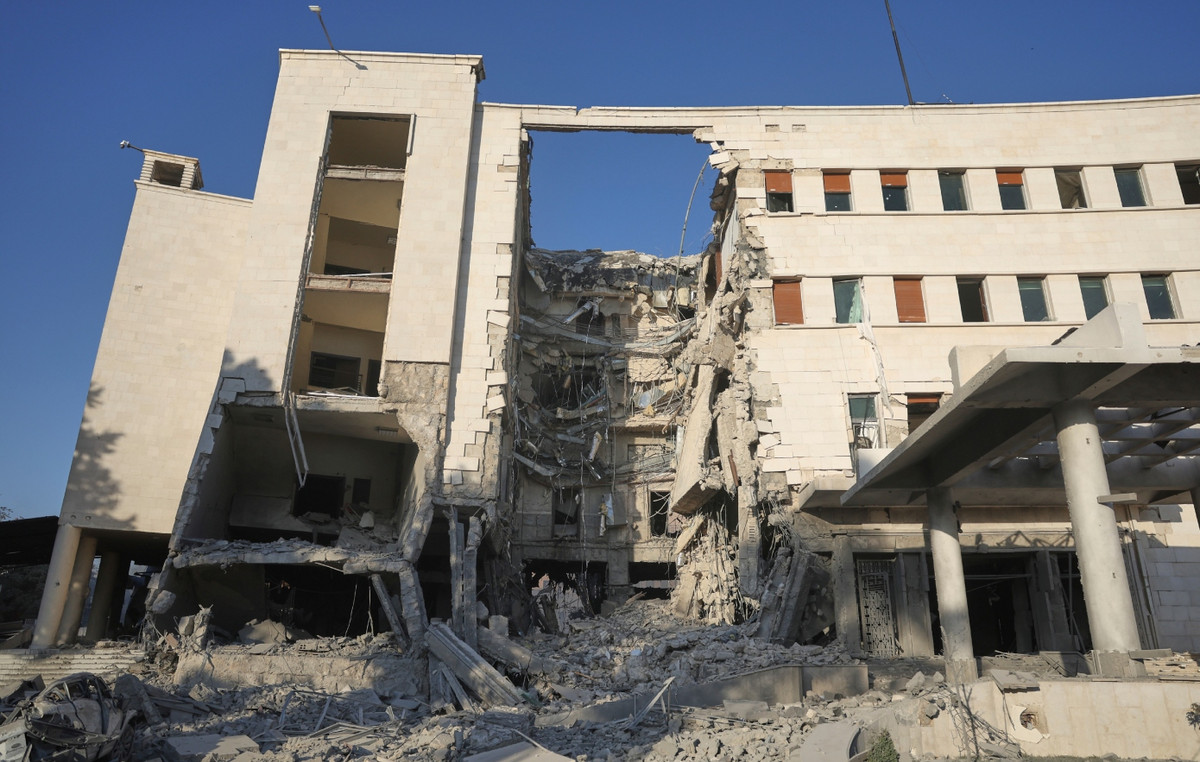President Luiz Inácio Lula da Silva (PT) asked Venezuela and Guyana for “common sense”, amid the dispute over Essequibo, a region that is equivalent to 70% of the current Guyanese territory.
“What South America doesn’t need is confusion,” Lula told journalists on his last day at COP28, in Dubai.
“You can’t keep thinking about fighting. I hope that common sense prevails, on Venezuela’s side and on Guyana’s side,” she said.
Lula defended dialogue and said he did not believe that a direct confrontation should take place between the two countries.
“If there’s one thing we need to grow and improve the lives of our people, it’s for us to lower our efforts, work with a lot of willingness to improve people’s lives, and not think about fighting, not invent stories.”
See also: Brazil is urging Venezuela to ‘stay in line’, says Leonardo Trevisan
After escalating tension between the Venezuelan and Guyanese governments, the Brazilian Ministry of Defense placed 130 men to patrol the border with Venezuela.
To the analyst of CNN Caio Junqueira, the Minister of Defense, José Múcio Monteiro, said that “we need to be careful”.
“It’s as if your neighbor wanted to break into another house using yours. What we cannot allow is that Venezuela, wanting to enter Guyana, uses our territory. We are attentive. Defense will not allow Brazilian territory to be used for another country to get into a fight”, said the minister.
Lula ended his participation in the United Nations Conference on Climate Change this Sunday and left for Germany, where he will have an agenda with Chancellor Olaf Scholz on December 3rd and 4th.
Referendum
Venezuelans will participate, this Sunday (3), in a referendum to decide whether the country should create a Venezuelan state in a large area of its neighbor Guyana, which recently discovered vast offshore oil fields.
Among the questions asked to voters this Sunday is: “Do you agree with the creation of a new state in the Essequibo region, providing its population with Venezuelan citizenship and incorporating this state into the map of Venezuelan territory?”
The discovery of oil in the region by ExxonMobil increased tension with Venezuela, which accuses the multinational of being “the owner of the government of Guyana”.
The permanent borders of the Essequibo date back to an 1899 decision by an international tribune in Paris, which granted what was then known as British Guiana most of the land between the Orinoco and Essequibo rivers.
Venezuela respected the decision until 1962, when the British colony was moving towards independence, alleging fraud within the court.
A 1966 agreement, signed shortly before Guyana’s independence, paved the way for talks between countries over the disputed zone and for the eventual involvement of the International Court of Justice, which has been slow.
(With information from Caio Junqueira and David Shortell)
Source: CNN Brasil
Bruce Belcher is a seasoned author with over 5 years of experience in world news. He writes for online news websites and provides in-depth analysis on the world stock market. Bruce is known for his insightful perspectives and commitment to keeping the public informed.

